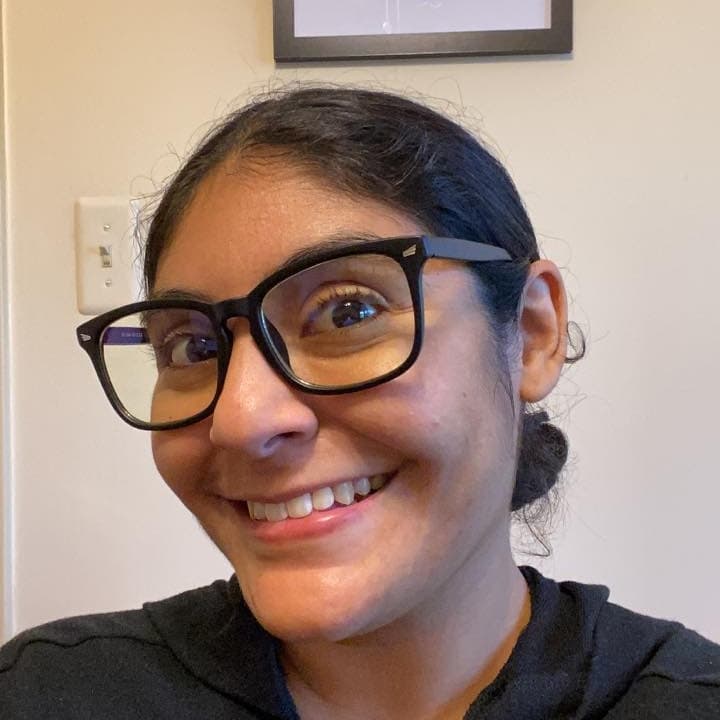November is National Family Caregivers Month! This is a time to recognize family caregivers and all the work they do for their loved ones. Today on the blog we’re excited to speak with Jenny Gordon, a young Ann Arborite who works as a teacher in addition to acting as caregiver for her mother.
Ahead of the Curve: How long have you been a caregiver?
Jenny Gordon: I’ve been a caregiver for my mother since July 2019. I was caring for her in a more part-time sense (shopping, bill paying, making sure the house was in order) before then, but in 2019 I moved in with her to provide care full-time.
AOTC: What does an average day look like for you?
JG: An average day includes ensuring mom has had proper rest the night before, helping her dress, prepare meals, and finding enriching activities for us to do when I’m not working. This can vary depending on mom’s energy level, but we do try and find fun things to do in the community, see friends, and get out of the house as long as the weather cooperates!
AOTC: What do you wish the public knew about caregiving?
JG: I wish the public knew that caregiving is not something one can do on their own. You really need a support network of family, friends, or outside resources to provide you with respite in the event you are finding yourself burned out. Caregiving is something that can be very isolating, so finding ways to laugh and always enjoy as much of the time together as possible is super important!
AOTC: You’re a Millennial. What would you say are some unique challenges that you face as a Millennial caregiver?
JG: As a millennial caregiver, I find that it is hard to relate to others my age who are not in the same situation with their parents. I’ve been lucky to have many friends and colleagues who are supportive and accommodating of the fact that I can’t always go out on the weekends or evenings or leave town on a moment’s notice (things I used to do regularly before caregiving). I prioritize being social and staying active with my friendships and hobbies because it is so important to maintain my mental health, but I’ve had to change the way I do things to ensure my mom is safely provided for while I’m away.
I also have a full-time job, which requires me to find care for my mom during the weekdays. Due to being employed full-time, I am finding it very challenging to attend support groups or other events related to caregiving that I would otherwise love to be part of since many of those programs happen during the workday.
AOTC: What tips do you have for other young adults who might become caregivers for their loved ones?
JG: I would say utilize as much of your support system as you can. If you have family who can help you take on some of the responsibilities, or friends who are interested in spending time with your loved one while you go out, please take full advantage of the support with no guilt or regrets. It is very hard to keep an active young-adult lifestyle without it, and you need to make sure you are in a healthy frame of mind. Talk to your employers and let them know your situation. Don’t be afraid to look into things such as FMLA, therapy, or take a mental health day whenever you need a break! You have to take care of yourself so you can take care of your loved one.
AOTC: What resources do you wish Washtenaw County had for caregivers?
JG: I wish Washtenaw County offered more support groups in the evenings or weekends. I know that it is a hard thing to ask when most organizations maintain business hours, but it is important to know that there is a need for flexibility in scheduling these sort of events. Recording info sessions on Zoom whenever possible would be greatly helpful so if a caregiver can’t make it to a session, they can always watch the presentation at a later time.
AOTC: Is there anything you’d like to add?
JG: Overall, being a caregiver has changed my life in a variety of ways, not all of them challenging. I have learned to be close with my mother in a way I never would have without also providing care for her. I am thankful for the time we have been able to spend together and would love to connect with other young caregivers within Washtenaw County!
Thank you to Jenny Gordon for taking the time out of her busy schedule to share her perspective!
Visit the Ahead of the Curve Online Senior Resource Directory to find caregiver services in your community.






